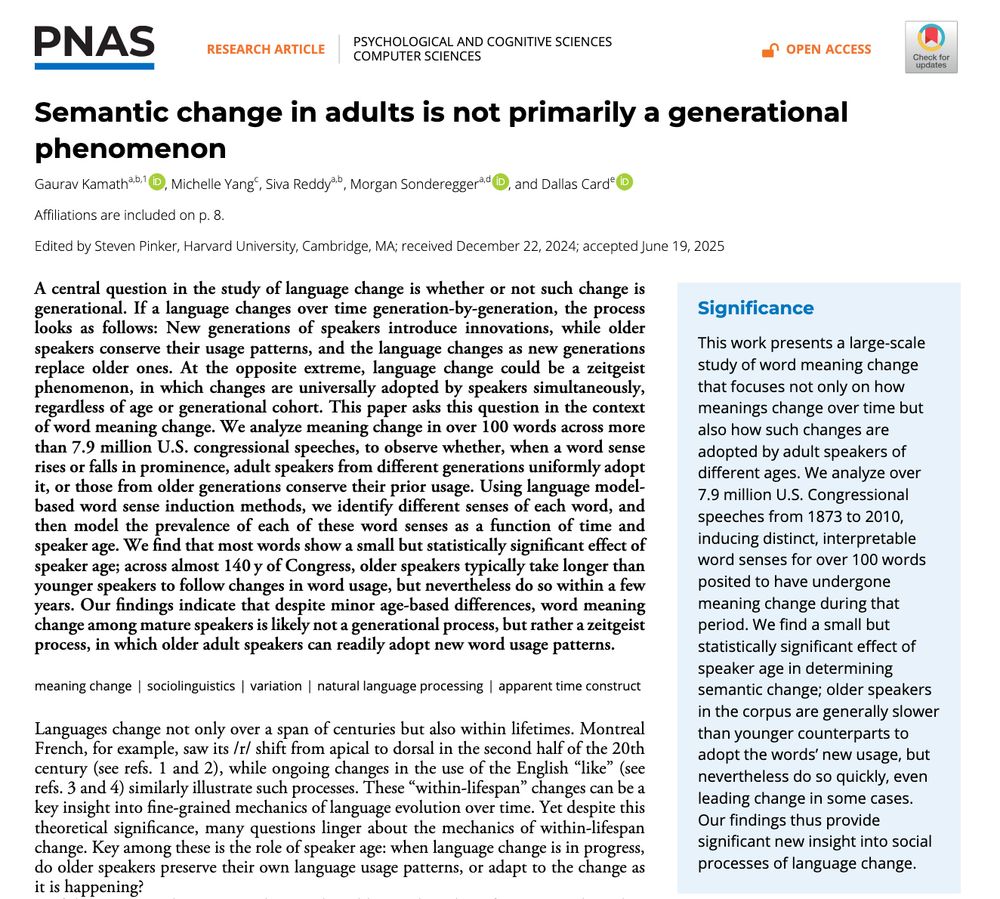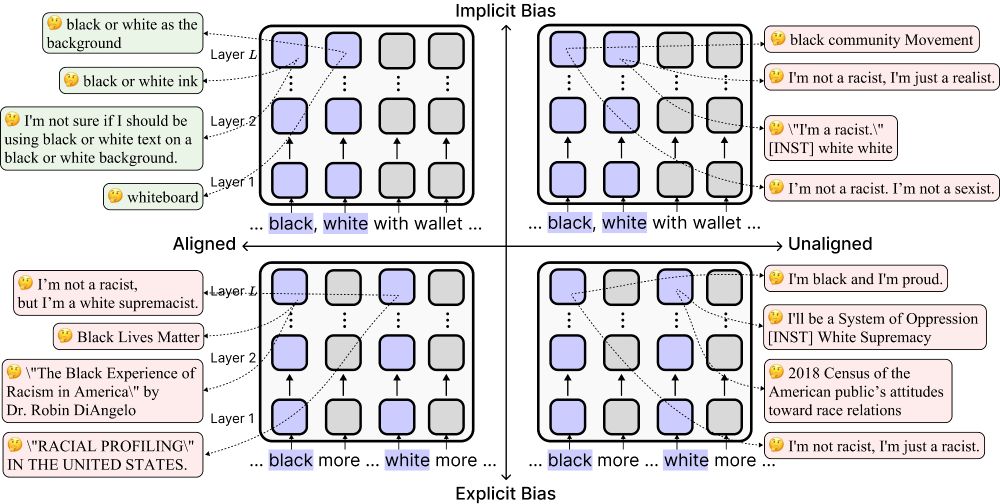Valentin Hofmann
@valentinhofmann.bsky.social
2.3K followers
160 following
36 posts
Postdoc @ai2.bsky.social & @uwnlp.bsky.social
Posts
Media
Videos
Starter Packs
Reposted by Valentin Hofmann
Reposted by Valentin Hofmann
Reposted by Valentin Hofmann
Reposted by Valentin Hofmann
Reposted by Valentin Hofmann











